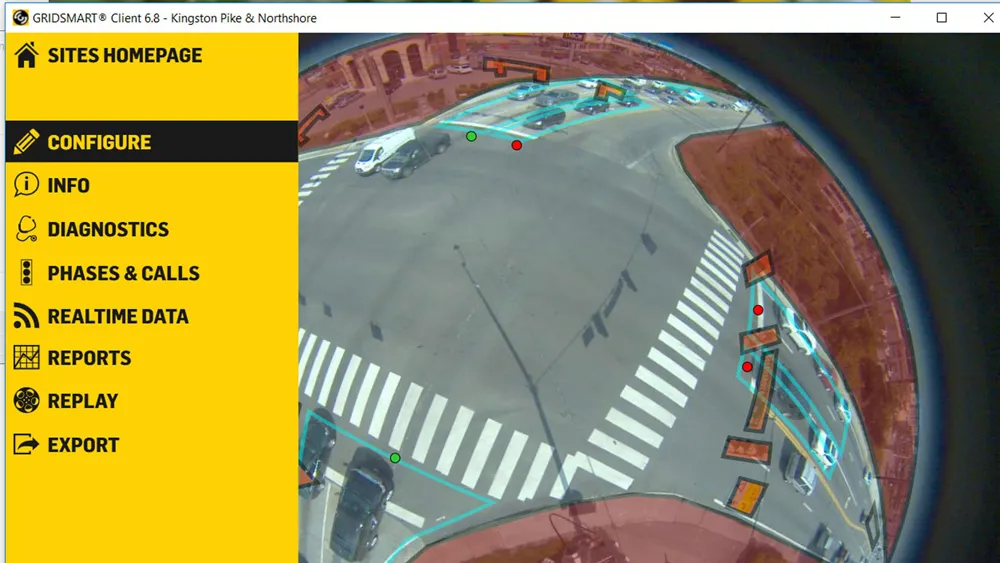The Intelligent Transportation Systems Society of Canada (
Marlin is a state-of-the-art traffic control system based on artificial intelligence and game theory. The technology is the result of a decade of research at the University of Toronto and can reduce traffic waiting times at intersections by up to 40 per cent through the integration of real-time queue length calculation into adaptive intersection control. It is decentralised and enables the traffic light system to self-learn and self-collaborate with neighbouring traffic lights wirelessly.
Marlin has also received the IEEE 2013 (Institute of Electrical and Electronics Engineers) Award, the INFORMS 2013 (The Institute for Operations Research and the Management Sciences) Award, and the University of Toronto Inventor of the Year Award 2014.
Peek Traffic’s adaptive control software receives ITS Canada Award
The Intelligent Transportation Systems Society of Canada (ITS Canada) has recognised Peek Traffic’s new Marlin (multi-agent reinforcement learning integrated network) adaptive control software with its New Canadian Commercial Industry/Academic ITS Technology/Innovation/R&D Award. Marlin is a state-of-the-art traffic control system based on artificial intelligence and game theory. The technology is the result of a decade of research at the University of Toronto and can reduce traffic waiting times at interse
June 24, 2015
Read time: 1 min









